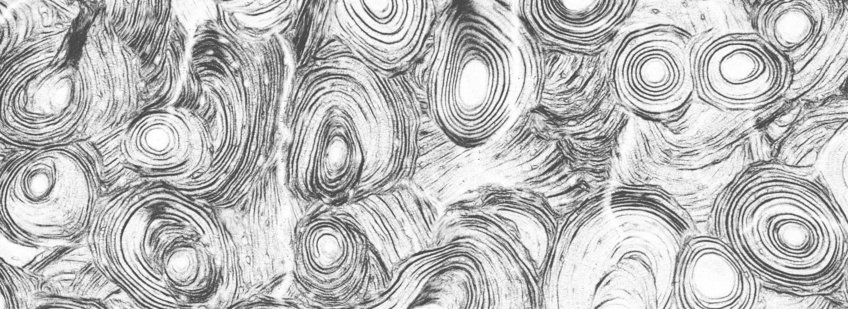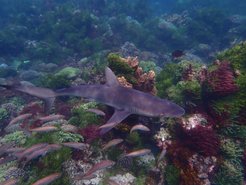
Max Planck Queensland Centre

There are a total of 23 Max Planck Centers worldwide, which were founded as a central element of the Max Planck Society's internationalisation strategy. As virtual centers of excellence, they flexibly combine knowledge and methods. Interdisciplinary researchers cooperate with first-class international partners to gain knowledge in pioneering research areas. Max Planck Centers have an initial term of five years and are financed from the institutional funding of the partners or from funds of the respective national project funding.

The Max Planck Queensland Centre (MPQC) for the Materials Science of Extracellular Matrices is a collaboration between the Max Planck Institute of Colloids and Interfaces (Potsdam), the Max Planck Institute of Intelligent Systems (Stuttgart) and the Queensland University of Technology in Brisbane. The MPQC institutionalizes collaborations that have already existed for many years and officially began its work on 1 January 2022. The scientists will work together in seven projects for five years and investigate questions around the composition and order of extracellular matrices. Extracellular matrices are not animate and provide support for cells. They react to changing environmental conditions and store information that then activates or inhibits the growth of cells.



